Concerned Friends recognizes that its work takes place on traditional Indigenous territories across the province. We acknowledge that there are 46 treaties and other agreements that cover the territory now called Ontario. Our Concerned Friends community, work and advocacy extend to the far reaches of these ancestral grounds – inhabited by, protected and cared for by generations of Indigenous Peoples.
Acknowledging ancestral territory shows recognition of and respect for the enduring presence and integral role of Indigenous Peoples, Metis and Inuit. Recognition and respect are essential elements of establishing healthy, reciprocal relations. These relationships are key to acting in solidarity with Indigenous Peoples.
This is a starting point on a non-linear and ongoing path to both understand and challenge the legacies of colonialism within ourselves, our organization, and society at large and undoing Indigenous erasure in our everyday lives. For more information on the purpose of Land Acknowledgements check out native-land.ca.
Much like the work of Concerned Friends is actioned through targeted advocacy and support within the Long Term Care system, that expression is rooted in the value that dignity and care for our elders is essential to a flourishing and functional society.
In recognizing that this land today is home to many Indigenous, Metis and Inuit Peoples, we seek to learn and honour their shared and diverse worldviews and ways of being. We are grateful to be hosted on this land and have the opportunity to advance our mission of care, equity and dignity for all elders residing in Long Term Care homes.
In our advocacy work, we are committed to supporting the needs of Indigenous older adults in Long-term Care. The system must encourage better care, increased cultural competency, and respect for diverse residents, their identities and lived experiences. A few ways this can be achieved include:
- Culturally competent training for staff
- Incorporating Indigenous values and ways of being into recreational programs and practices
- Partnering with respective Indigenous communities and family members to ease the transition into long-term care
- Creating access to traditional medicines, foods, and ceremonies
In the spirit of Truth and Reconciliation, we pledge to turn our acknowledgement into action. This means a commitment to be partners with Indigenous Peoples, Metis and Inuit – in caring for the land and water, speaking truth to remember the lives of thousands of children and honour the survivors of the residential school system, bringing justice to missing and murdered Indigenous women and girls, and supporting the preservation of Indigenous languages and cultures.

